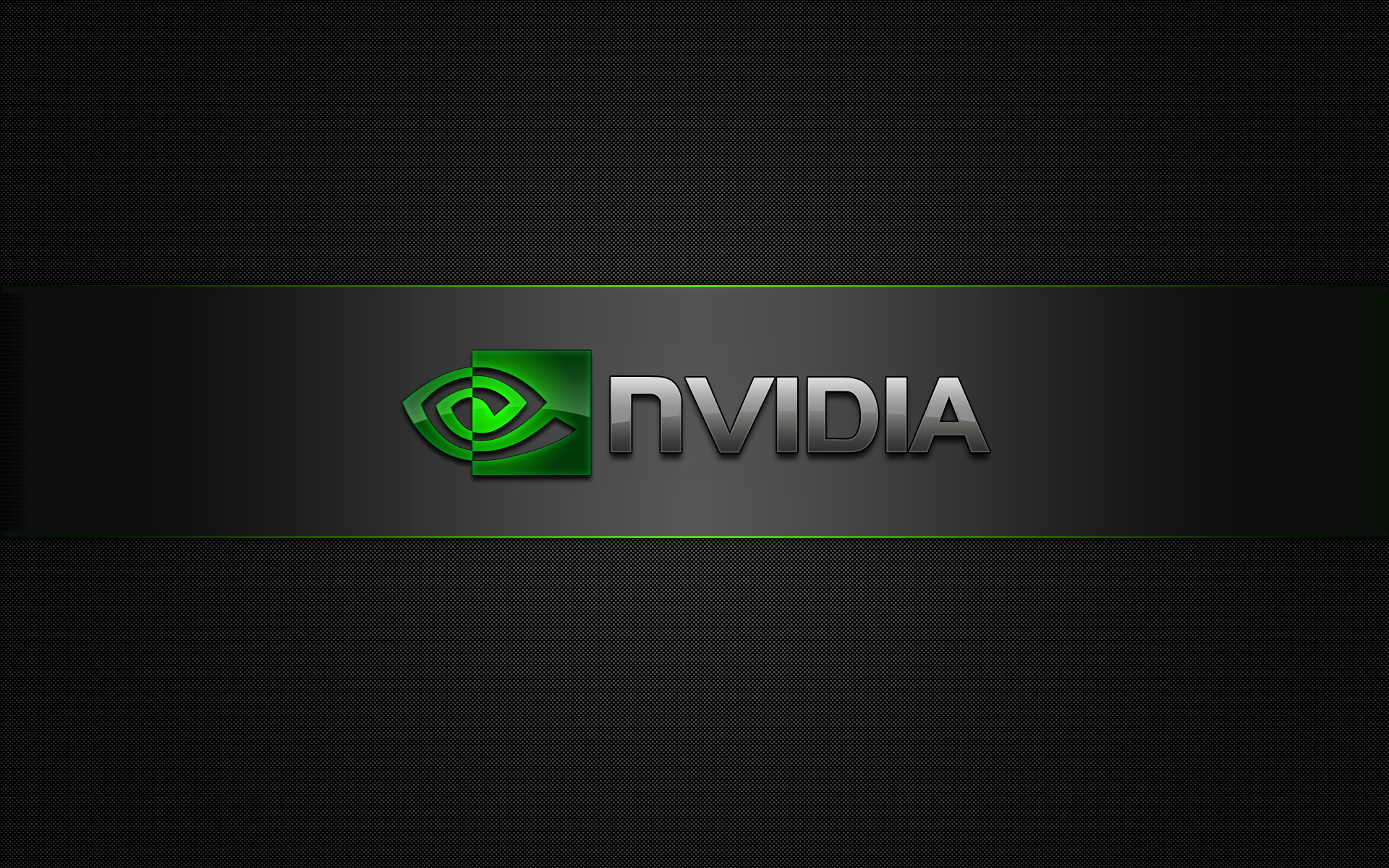
Nvidia CEO Jensen Huang appears to have successfully negotiated a deal with the Trump administration to avoid export restrictions on the company’s H20 AI chips, a move that could have had a significant impact on Nvidia’s business in China. According to NPR, Huang proposed an investment in new AI data centers in the U.S. during a dinner at Trump’s Mar-a-Lago resort, likely sealing the deal to keep the advanced H20 chips from being affected by the planned export bans.
The H20 Controversy and DeepSeek’s Use of Nvidia Chips
The H20, Nvidia’s most advanced AI chip that remains eligible for export from the U.S. to China, was at the center of the controversy. The chip had raised concerns within the semiconductor industry, particularly after it was revealed that China-based DeepSeek used H20s to train its R1 open AI model, which made headlines for outperforming U.S.-made models like those from OpenAI. Given these concerns, many lawmakers across the political spectrum had called for restrictions on the H20 chips, and even the Trump administration had been reportedly preparing to impose export controls before the deal with Huang.
Contradictions in Trump’s AI Export Policies
Allowing Nvidia to continue exporting the H20 chips to China contradicts the administration’s broader goal of maintaining U.S. supremacy in AI technology. This is particularly evident in the Trump administration’s decision to uphold the AI chip export rules introduced by the Biden administration in January. These rules imposed strict export limits on AI chips for nearly every country outside the U.S., with even stricter controls for China and Russia.
Despite the apparent contradiction, Trump’s willingness to shelve certain export restrictions in exchange for Nvidia’s commitment to invest in U.S. AI infrastructure highlights the growing importance of AI in U.S. economic and geopolitical strategy. This move also comes amidst broader efforts by other tech giants, such as OpenAI and Microsoft, to align with the administration’s “America-first” approach to AI, with substantial investments in U.S.-based data centers and infrastructure.
Nvidia’s response to the Biden-era restrictions has been outspoken, with the company calling the new AI chip export rules “unprecedented and misguided.” Nvidia argues that these controls could stifle global innovation, especially when other countries are ramping up their AI capabilities.
Trump has made his influence felt in other parts of the semiconductor industry as well, reportedly pressuring Taiwanese semiconductor company TSMC to build chip factories in the U.S. by threatening taxes of up to 100% if they failed to comply.
What The Author Thinks
While Trump’s move to spare Nvidia’s H20 chips may be seen as a short-term victory for the company, the broader implications of using trade policy as a tool to control AI development are concerning. This strategy might create instability and uncertainty in the global tech ecosystem, potentially stifling innovation and driving tech companies to focus more on political compliance than technological progress. AI’s future should be about collaboration and innovation, not political maneuvering, and these kinds of trade-based tactics could ultimately harm global technological advancements.
Featured image credit: Darkest via GoodFon
Follow us for more breaking news on DMR
